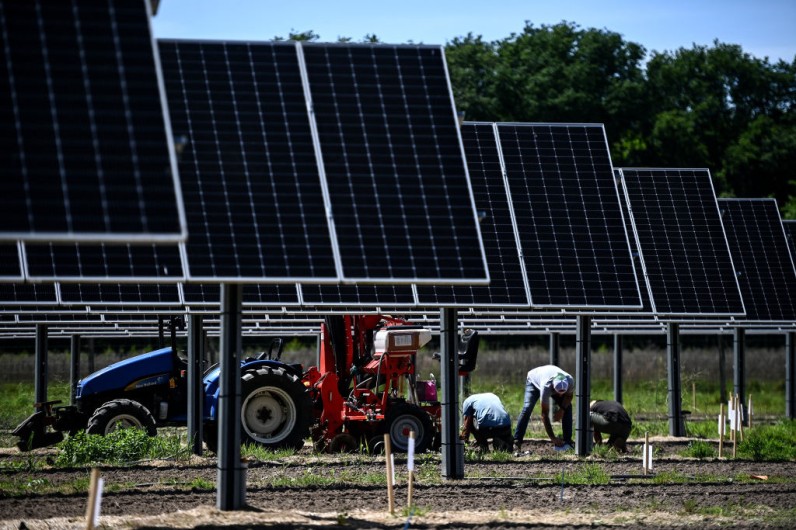
The Massachusetts Senate has given its approval to a bill on Tuesday (June 25) that focuses on the expansion of renewable energy adoption.
Massachusetts Bill Targets Net Zero Emissions by 2050, Cuts Utility Bills
This move is aimed at assisting Massachusetts in achieving its climate goals, which include the ambitious target of reaching net zero greenhouse gas emissions by 2050.
Advocates argue that the proposal aims to reduce utility bills by instructing providers to offer discounted rates to individuals with low and middle incomes.
Additionally, it seeks to enhance the state's ability to negotiate contracts with providers, providing greater flexibility.
Based on a report from the state attorney general's office, the bill aims to prohibit "competitive electric suppliers" that have resulted in over $577 million in additional costs for Massachusetts consumers over the past eight years, Caledonian Record reported.
The companies have emphasized their ability to assist consumers in saving money and accessing renewable energy.
Massachusetts Bill Promotes EV Infrastructure and Extends Tax Incentives
Republican state Sen. Bruce Tarr raised concerns about the potential impact of the bill on consumers as the state moves towards renewable energy sources.
If the bill is approved, it would have additional provisions to enhance electric vehicle infrastructure.
This includes simplifying the process for local and state entities to acquire EV charging equipment, allowing condo owners to install EV charging stations, and extending the EV tax incentive program until 2027.
According to AP, under this program, residents would receive $3,500 to $6,000 towards the purchase of new or used electric vehicles.
According to Senate President Karen Spilka, Massachusetts has experienced the impact of climate change, including heat emergencies in cities and flooding on farms due to heavy rainfall.
It is evident that we are facing a significant climate challenge.
After the 38-2 vote, she emphasized that the Senate has received strong feedback from residents, advocates, and clean energy leaders regarding the necessity of making systemic infrastructure changes to achieve our net zero by 2050 emissions goals.







Join the Conversation